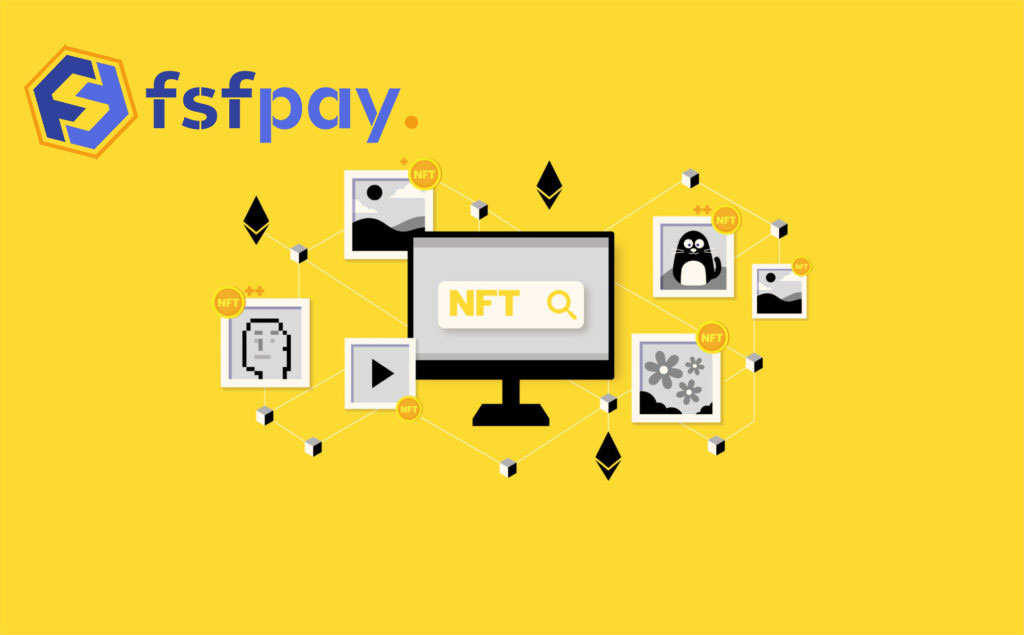

Financial Technology Transformation and Future: Fintech
The integration of new technologies into our lives has reshaped our daily behaviour and many sectors have focused on developing new products and solutions to adapt to the new routines of their users. Technological developments, which are offered for the benefit of humanity, are rapidly adopted by the business world and used in the development of new products and services in the creation of modern business models. The finance sector has become one of the most successful sectors in system integration that closely follows technological developments. The last link in the chain from the birth of money to the development of modern banking understanding is called Fictech. Fintech, which is the abbreviation of the term Financial Technologies, has become a broad term covering every solution offered by technology in the field of finance, as well as a very valuable sector.
We can consider the development of financial technologies in two ways. Firstly, the transformation of traditional financial transactions with technology. Large banks and financial institutions closely follow technological developments and even provide incentives to pave the way for these developments. They embrace technology and use new technologies to improve the products and services they offer to their users. Thus, traditional products and services are delivered to the user in a better, faster and easier way. In this way, the user becomes able to perform their daily tasks faster, more efficiently and less costly.
The main impact area of financial technologies is disruptive innovations. Products and services developed from a completely new perspective cause user behaviours to be reshaped, new routines to be developed and paradigm changes in total. With each innovation, the expectations and needs of the user are reshaped. In the new wave of change; the new version expectations of the user and the visions of the developers continuously feed the ecosystem. Blockchain and distributed ledger technology, online wallets, mobile payment methods, financial software, mobile applications... are just a few of the innovations that touch daily life and reshape not only the finance sector but also social life, so to speak.
The development of fintechs is affected by various dynamics such as capital, human resources, regulations and user base. Without capital support, qualified human resources, and regulations that protect and incentivise entrepreneurs, investors and users, it is unlikely that a business idea will mature and come to life. Every new idea needs someone to accept, own and develop it. If this innovation is expected to create an economic value, it must be demandable by users. For this, the socio-economic structure of the society in which the innovation is presented and its availability are as critical as the innovation itself.
Although the entry of fintech companies, which have overcome certain entry barriers in the finance sector, may seem like a threat to traditional institutions, considering the potential of fintechs to increase the total profitability of the market, this is actually an opportunity for all stakeholders in the sector. The digital transformation, which has become so much a part of our lives all over the world that it cannot be ignored, has reached dimensions that cannot be ignored or denied for all players.
JP Nicols*, in his article published in 2016, humorously discussed the traditional finance industry's reaction to fintechs and defined the Fintech Grief Cycle with five stages of denial, anger, bargaining, depression and acceptance.
While the world is rapidly consuming existing innovations in a time of denial, anger and depression, it is already getting ready for future innovations. In the new trend called Techfin, technology giants such as Amazon, Google, Facebook, which use their technology to improve customer experience in e-commerce and many other online activities, have started to develop the market with the payment solutions they have developed. The fateful cycle is also valid for Techfins this time. However, there is one fact that organisations and individuals should not ignore: time passes and it passes too fast to be lost in denial, anger and depression.
Random Post

What is NFT (Non-fungible...
Non-fungible token, NFT, is actually a special type of cryptographic token. The uniqueness of NFTs made them quickly popular. For example, paintings or sculptures, traditional w...

Most Curious About Blockc...
Blockchain technology, which has been widely heard by the cryptocurrency sector, has actually been used by the world's giant companies for some time and is rapidly becoming wide...

Tron (TRX) Becomes the 4t...
Tron (TRX) became the 4th blockchain name with hashtag emoji on twitter by purchasing a total of 5 hashtags. Justin Sun, the founder of Tron, shared the new emoji with his follo...

